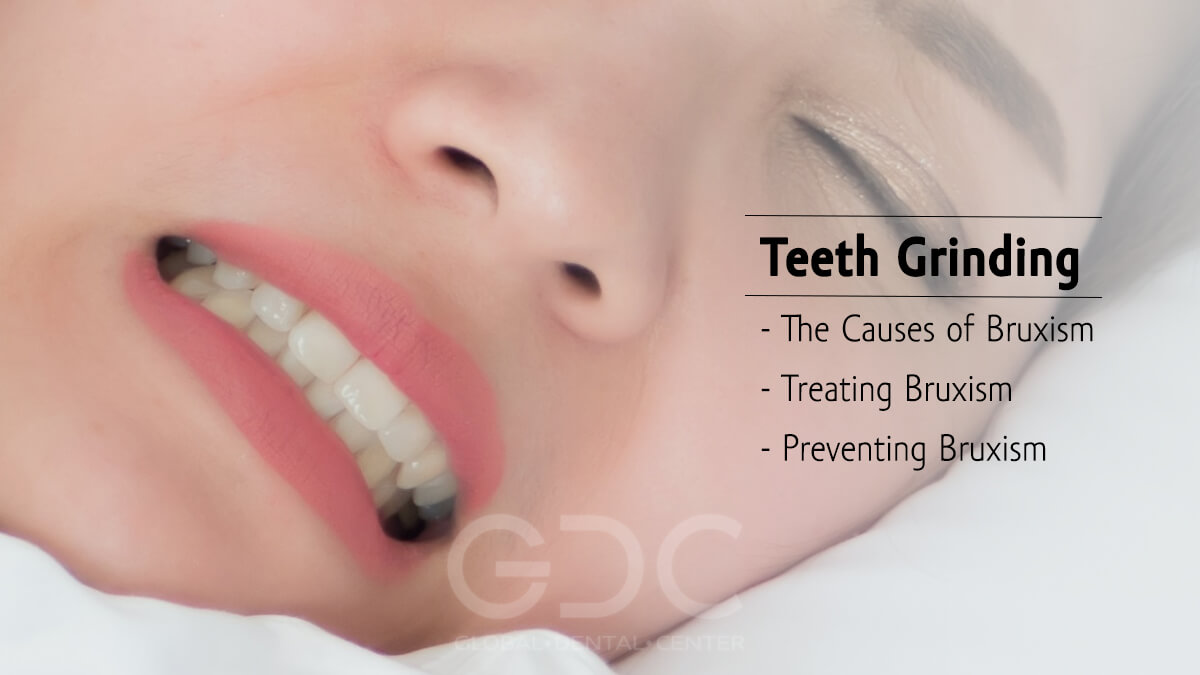
The disorder known as bruxism, more frequently referred to as teeth grinding, is characterized by the clenching and grinding of one’s teeth. Even while it may appear to be harmless at first, bruxism that is allowed to continue for an extended period of time can lead to major dental problems such as cracked teeth, receding gums, and even the loss of teeth. In addition to that, it is also capable of causing headaches, pain in the jaw, and tense muscles in the neck and shoulders.
The Causes of Bruxism
Although there are a variety of factors that can lead to teeth grinding, the most common ones are believed to be worry and stress. Individuals who are anxious or stressed out have a tendency to clench their jaws and grind their teeth as a means of coping with their feelings of tension and anxiety.
Certain sleep disorders, such as sleep apnea, as well as certain drugs, such as antidepressants and antipsychotics, are also potential causes of bruxism. Bruxism is also known as bruxism.
The Effects
Bruxism can have both physical and psychological side effects. In addition to the tooth issues already stated, bruxism can also result in earaches, ringing in the ears, and pain in the face. TMJ, a condition that affects the jaw joint and can cause pain and trouble opening and closing the mouth, might potentially result from it.
The psychological effects of bruxism can be detrimental to one’s mental well-being. Stress and anxiety can be exacerbated by teeth grinding and clenching, which in turn can make the condition worse. Moreover, bruxism’s physical side effects can result in poor sleep, which can further affect a person’s mental health and general quality of life.
Treating Bruxism
Depending on the severity of the illness, there are various treatment options for bruxism. For mild cases, stress reduction and bruxism symptom relief can be achieved by using relaxation techniques including deep breathing, yoga, and meditation.
Moreover, keeping a regular sleep pattern and abstaining from coffee and alcohol before bed will assist to enhance sleep quality and lessen bruxism.
A mouth guard or splint may be suggested by a dentist for more severe cases in order to protect the teeth and lessen grinding. In some circumstances, medication may also be recommended to aid in jaw muscle relaxation and lessen stress and anxiety.
Preventing Bruxism
The reduction of stress and anxiety is the single most important factor in preventing bruxism. It is possible to lower one’s stress levels and prevent bruxism from happening by engaging in activities that are known to relieve stress, including as physical activity, hobbies, and spending time with loved ones. In addition, staying away from caffeine, alcohol, and smoke can help lower the likelihood of developing bruxism.
Final Thought
In summary, bruxism is a widespread condition that affects a lot of people. While persistent bruxism may initially seem harmless, it can cause major dental and psychological issues. The best course of action for treating bruxism should be discussed with a dentist or other healthcare provider if you think you might be experiencing it. You can help prevent bruxism from beginning and live a happier, healthier life by taking efforts to reduce stress and practice good sleep hygiene.
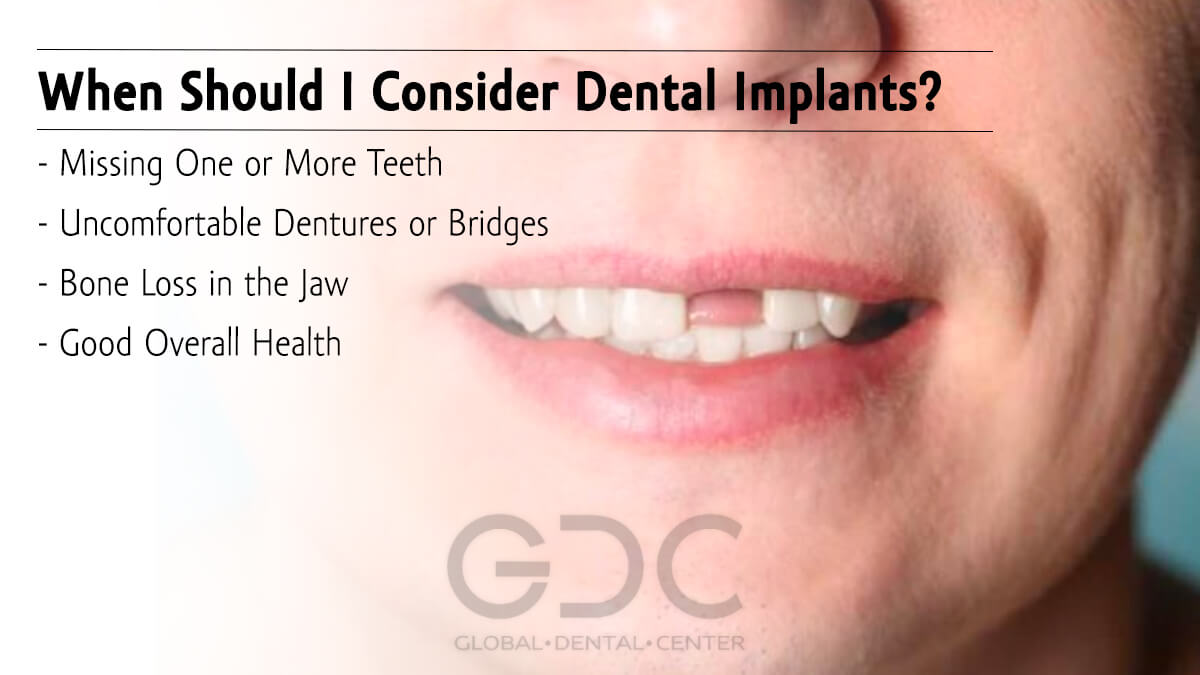
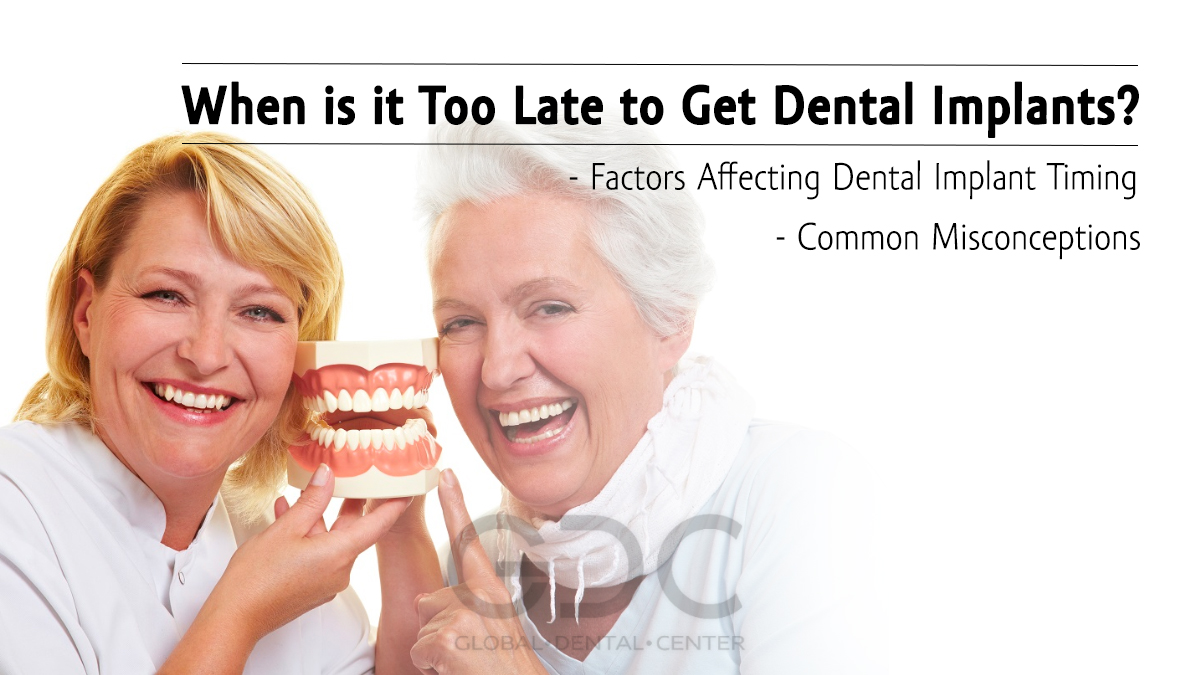
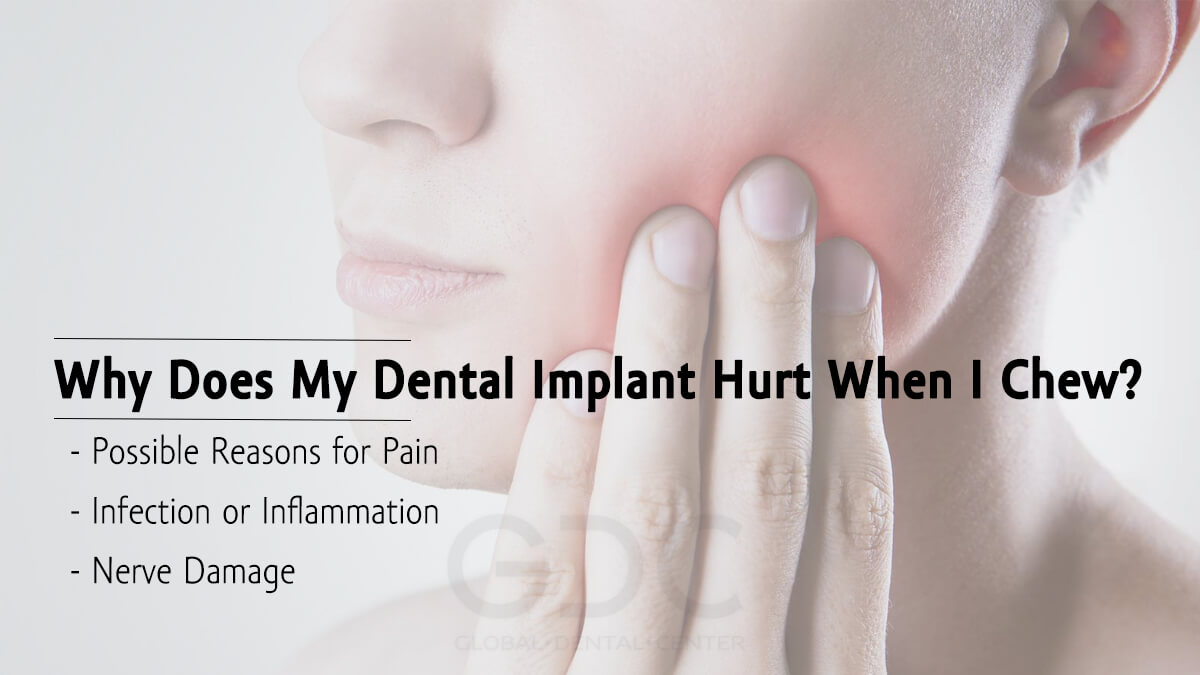
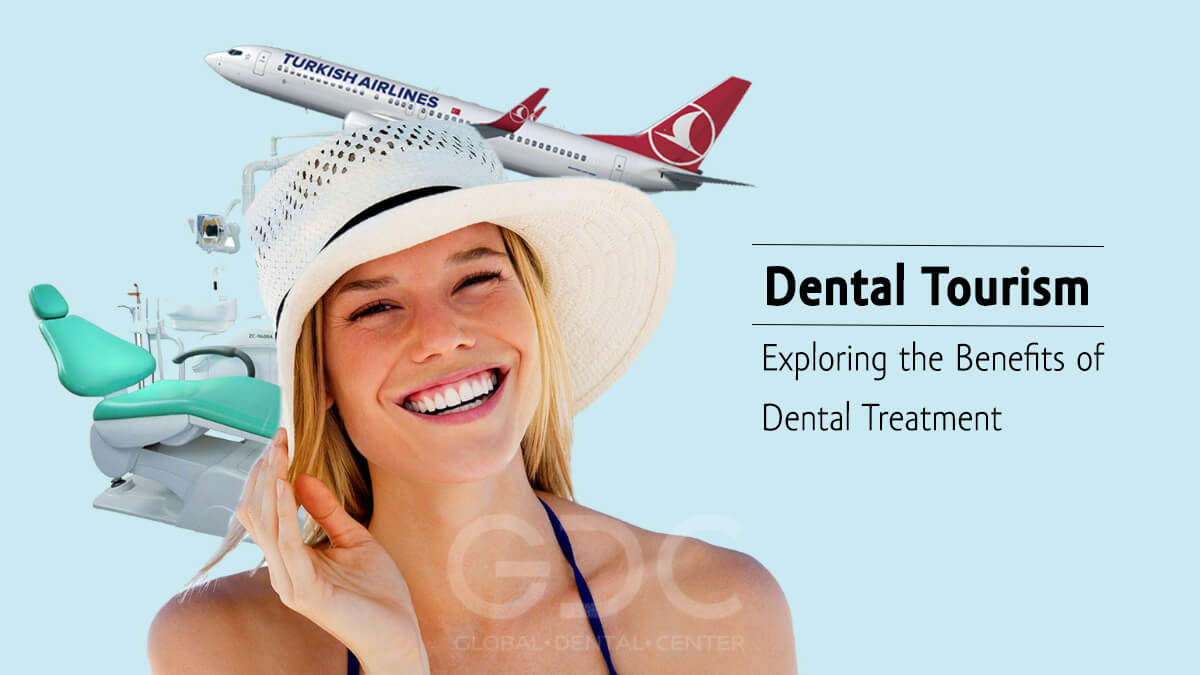
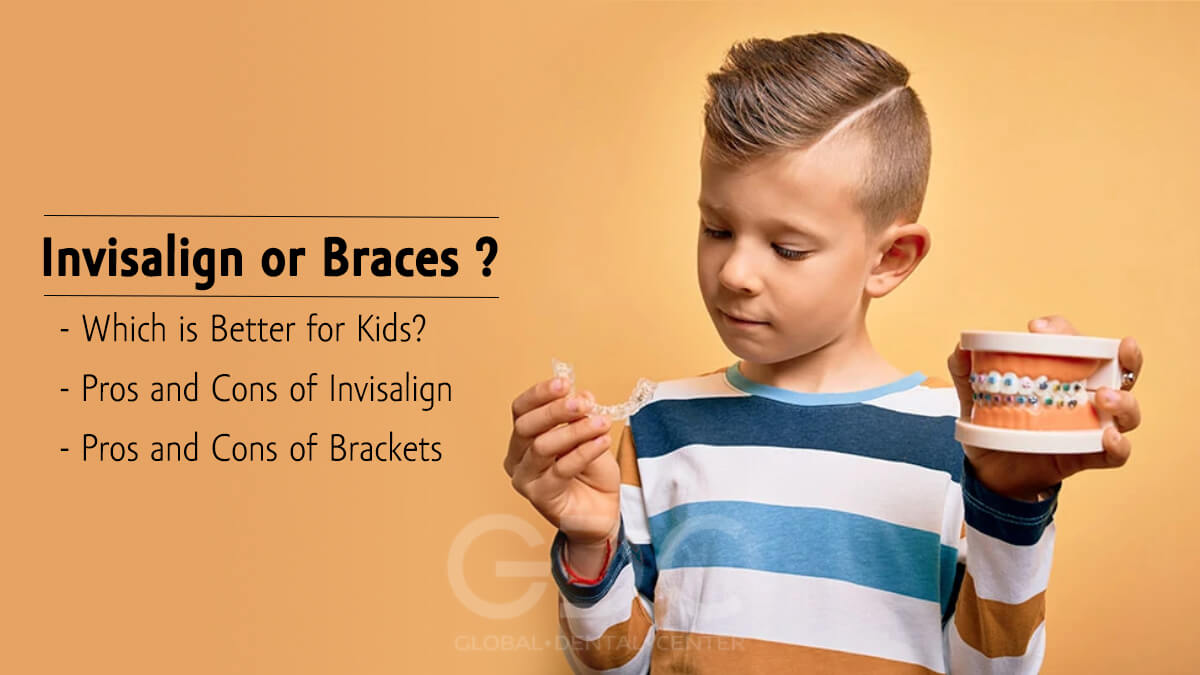
Free Consultation Form